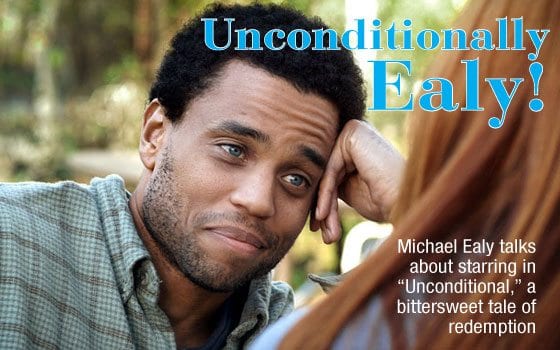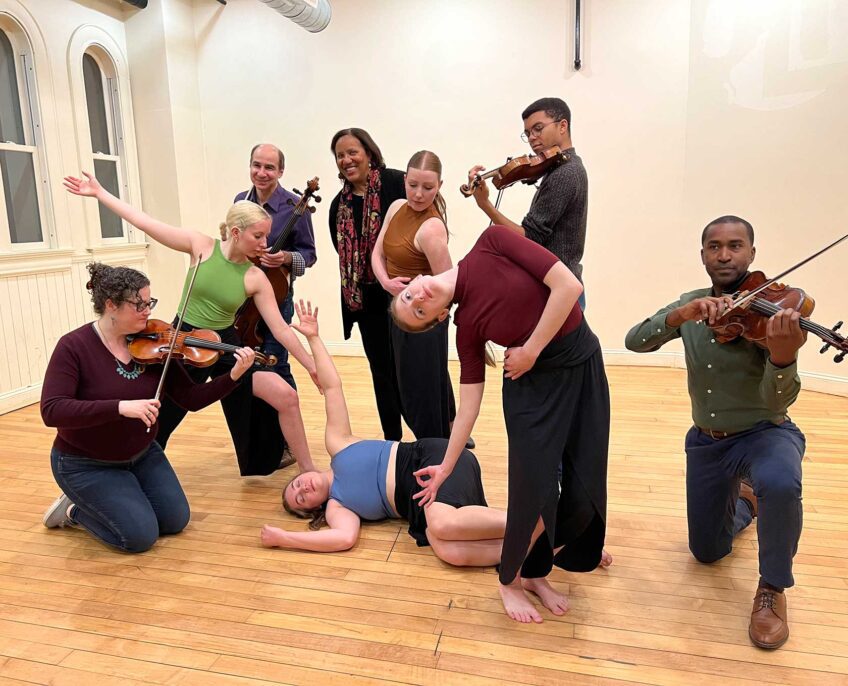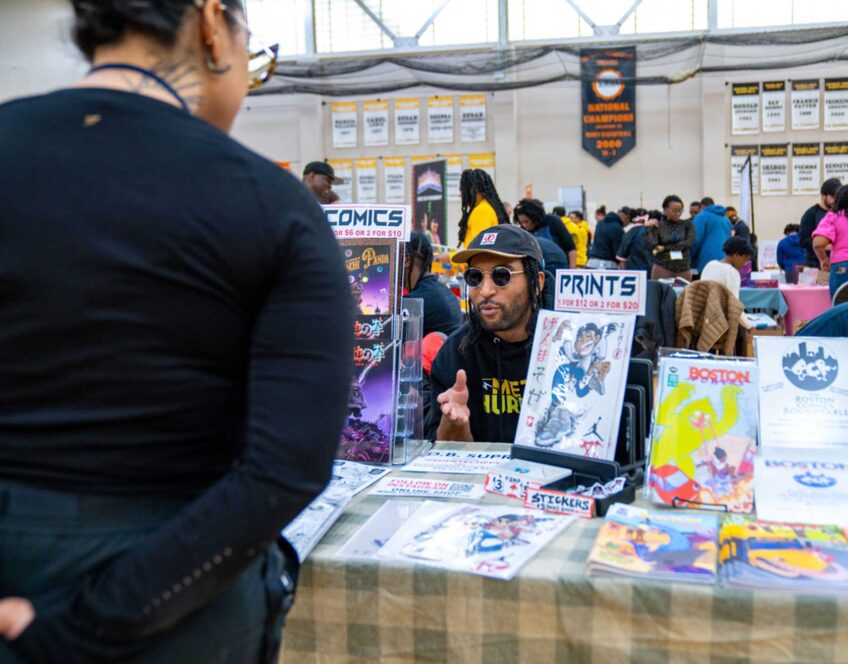
Actor Michael Ealy is already back on the big screen, fresh off the phenomenal success he enjoyed earlier this year in “Think Like a Man,” the $95 million box-office hit that knocked “The Hunger Games” out of the No. 1 spot.
Ealy first found fame in 2002 for his memorable performance as Ricky Nash in “Barbershop.”
His other feature films include “Seven Pounds,” “2 Fast 2 Furious,” “Never Die Alone,” “For Colored Girls,” “Miracle at St. Anna,” “Takers” and “Underworld: Awakening.”
In 2007, he received a Golden Globe Award nomination for his role in Showtime’s “Sleeper Cell.” He’s also appeared on the small screen in ABC’s “Flashforward” and CBS’s “The Good Wife.”
In “Unconditional,” an inspirational, faith-based feature, Ealy portrays Papa Joe Bradford, a real-life role model who, despite kidney disease, teams with a recently widowed childhood friend (played by Lynn Collins) to make a difference in the lives of needy kids in Nashville.
What interested you in “Unconditional”?
It started with the script. I kind of fell in love with some of the miraculous, lyrical and poetic nature of the writing. Ultimately, I still had to respond to the role. And I did respond to the character. The fact that this guy was a real person, someone who, after turning his own life around, was doing everything in his power to influence the development of youth in his neighborhood, made me feel like this was an important movie to do.
Did you get to meet the real Papa Joe Bradford in the process of making the movie?
Yes sir, and we’re still good friends to this day.
What does Papa Joe’s philanthropy mean to you?
It’s tough for me to see Papa Joe as a philanthropist because I generally think of philanthropy on a grander scale. For instance, I consider Bill Cosby a philanthropist because of all the colleges and charities he supports. I see Papa Joe as more grassroots.
With him, it’s not so much about big changes as it is about an individual’s daily effort. It’s a lot like what a teacher does. When I visit a school and students get excited, I always tell them, ‘It’s not me you should be listening to, it’s your teachers, because they’re here every day.’
It’s that sort of commitment that Papa made, even though he had his own family, seven kids. Yet, he still finds the time to be a daddy to a lot of other children, too. He’s there on a daily basis. I can’t give that. That means a lot. That is special. That is extraordinary.
What’s up next for you?
I am about to start shooting the remake of “About Last Night,” an adaptation of David Mamet’s play “Sexual Perversity,” in Chicago.
What motivates you at this stage of your career?
Good question. It’s important to me to start challenging myself more as an artist. I’d like to try different genres, and not always take the popular role or the favorite part. I’m highly motivated to be flexible. I don’t always have to play the picture’s moral compass. And I also want to have a lot more fun.
What would make your life easier?
[Laughs] What would make my life easier would be being able to keep my private life private as long as possible.




![Banner [Virtual] Art Gallery](https://baystatebanner.com/wp-content/uploads/2024/04/NJ-H_1-713x848.jpg)

